Home>Garden Essentials>What Is The Fastest Plant To Germinate
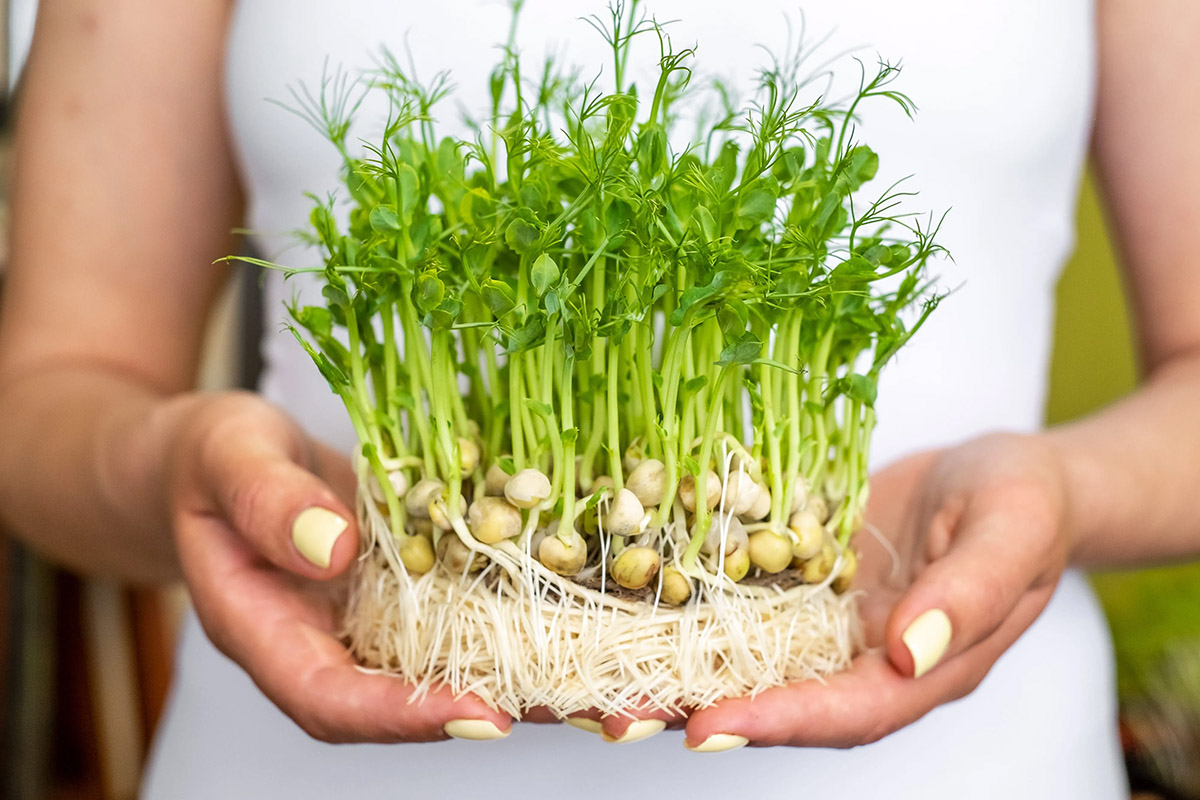

Garden Essentials
What Is The Fastest Plant To Germinate
Modified: August 23, 2024
Discover the fastest plant to germinate in your garden and get started on your gardening journey. Learn about the different varieties and techniques for quicker germination.
(Many of the links in this article redirect to a specific reviewed product. Your purchase of these products through affiliate links helps to generate commission for Storables.com, at no extra cost. Learn more)
Introduction
Gardening is a wonderful hobby that allows you to connect with nature and grow your own plants. One of the most exciting parts of gardening is seeing your seeds germinate and grow into thriving plants. But have you ever wondered which plant is the fastest to germinate?
The rate of germination, or the time it takes for a seed to sprout and emerge from the soil, varies among different plant species. Factors like temperature, moisture, light, and seed viability can all affect germination speed. Understanding these factors can help you optimize the germination process and ensure successful plant growth.
In this article, we will explore the factors that affect germination speed and discover some of the fastest plants to germinate. Whether you’re a seasoned gardener or just starting out, this information will help you plan your gardening projects and enjoy the excitement of seeing your plants sprout and flourish.
Key Takeaways:
- The fastest plants to germinate include radishes, beans, lettuce, mustard greens, and cress. These quick-growing options are perfect for beginner gardeners and those eager to see results in just a few days.
- Factors like temperature, moisture, light, seed viability, and seed treatment all play a significant role in the speed of seed germination. By understanding and managing these factors, gardeners can create an optimal environment for faster and successful plant growth.
Read more: What Grass Germinates The Fastest
Factors Affecting Germination Speed
Several key factors influence the speed of seed germination. Understanding these factors will help you create optimal conditions for your seeds to sprout quickly. Here are the main factors that affect germination speed:
- Temperature: Temperature plays a crucial role in seed germination. Most plants have an ideal temperature range for germination, typically between 60 to 75 degrees Fahrenheit (15 to 24 degrees Celsius). Seeds germinate faster in warmer temperatures within this range. Extreme temperatures, either too high or too low, can inhibit or delay germination. It’s important to provide the appropriate temperature conditions for the specific plant species you are growing.
- Moisture: Adequate moisture is essential for seeds to germinate. When seeds absorb water, they begin the process of activating enzymes that break down stored food reserves, allowing the embryo to emerge. Dry conditions hinder germination, while overly wet conditions can lead to rotting or fungal growth. Maintaining a balanced level of moisture in the soil is crucial to promote faster germination.
- Light: Light requirements for germination vary among plant species. Some seeds require light to germinate, while others need darkness. Those that need light are known as “light-dependent” seeds, and they should be sown on the soil surface or with minimal soil cover. Seeds that require darkness, on the other hand, should be covered with a thin layer of soil to shield them from light. Understanding the light preferences of your plant species is essential for prompt germination.
- Seed Viability: The quality and viability of the seed itself also affect germination speed. Fresh and high-quality seeds tend to germinate faster compared to old or damaged seeds. It’s always advisable to obtain seeds from reputable sources and store them properly to maintain their viability. Conducting a simple seed viability test can help determine if your seeds are still viable and likely to germinate quickly.
- Seed Treatment: Certain seed treatment techniques, such as scarification and stratification, can enhance germination speed for some plant species. Scarification involves nicking or scratching the seed coat to break dormancy, while stratification involves subjecting seeds to a period of cold temperature to simulate winter conditions. These treatments can be beneficial for speeding up germination in seeds with hard or dormant seed coats.
By considering and managing these factors, you can create an environment that fosters faster germination and leads to successful plant growth.
The Fastest Plants to Germinate
While the germination time varies among different plant species, some plants are known for their remarkably fast germination. These plants are excellent choices for gardeners looking for quick results. Here are some of the fastest plants to germinate:
- Radishes (Raphanus sativus): Radishes are notorious for their speedy germination. They can sprout in as little as 3 to 5 days under optimal conditions. These root vegetables are perfect for beginner gardeners or those who want to see quick results.
- Beans (Phaseolus spp.): Beans, such as green beans and runner beans, are known for their rapid germination. Depending on the variety, beans can germinate within 7 to 10 days. They are a great choice for gardeners looking for fast-growing vegetable crops.
- Lettuce (Lactuca sativa): Lettuce is a popular salad green that germinates quickly. Under ideal conditions, lettuce seeds can sprout within 7 to 10 days. With their fast germination and delicious leaves, lettuce plants are a must-have for any garden.
- Mustard Greens (Brassica juncea): Mustard greens are leafy greens with a peppery flavor. They germinate rapidly and can be ready for harvest within 10 to 14 days. These greens add a spicy kick to salads and stir-fries.
- Cress (Lepidium sativum): Cress is a quick-growing herb that belongs to the cabbage family. It is commonly used in salads and sandwiches. Cress germinates within 5 to 7 days, making it a popular choice for indoor gardening and microgreens.
These are just a few examples of plants that germinate quickly. Depending on your climate and growing conditions, there may be other fast-germinating options available. When selecting plants for your garden, consider the average germination time to plan and manage your planting schedule effectively.
The fastest plant to germinate is the radish, which can sprout in as little as 3-5 days. Plant the seeds in well-draining soil and keep them consistently moist for best results.
Germination Time for Various Plant Species
Understanding the germination time for different plant species can help you plan your gardening activities and manage your expectations. While specific germination times can vary depending on growing conditions, here is a general overview of the germination time for some common plant species:
- Tomatoes (Solanum lycopersicum): Tomato seeds typically germinate within 7 to 14 days. Provide warm soil temperatures and consistent moisture to encourage prompt germination.
- Cucumbers (Cucumis sativus): Cucumber seeds generally germinate within 7 to 10 days. Plant them in warm soil and maintain adequate moisture for optimal germination.
- Carrots (Daucus carota): Carrot seeds have a longer germination time, usually around 14 to 21 days. They prefer cooler soil temperatures and consistent moisture to germinate successfully.
- Sunflowers (Helianthus annuus): Sunflower seeds germinate relatively quickly, often within 7 to 10 days. Ensure they are planted in full sun and provide ample water for faster germination.
- Zinnias (Zinnia elegans): Zinnia seeds typically germinate within 7 to 14 days. These colorful flowers require warm soil and regular watering to support their germination process.
- Morning Glories (Ipomoea tricolor): Morning glory seeds can take around 7 to 21 days to germinate. Soaking the seeds overnight before planting can help speed up their germination.
Remember that these are general guidelines, and actual germination times can vary depending on factors like temperature, moisture, and seed quality. It’s essential to read the specific instructions on the seed packets for accurate information regarding germination time.
Paying attention to the specific requirements of each plant species will ensure that you provide the best possible conditions for prompt and successful germination.
Tips for Promoting Fast Germination
If you’re eager to see your seeds sprout quickly, there are several tips you can follow to promote fast germination. By providing optimal conditions and taking proactive measures, you can encourage quicker seed emergence. Here are some tips to help you achieve faster germination:
- Pre-soak or Pre-germinate Seeds: Some seeds benefit from pre-soaking or pre-germination techniques. Soaking seeds in water for a few hours or overnight before planting can help jumpstart the germination process. Similarly, pre-germination involves keeping seeds in a moist environment, like a damp paper towel, until they start to sprout. This technique can reduce the waiting time for seeds to germinate once planted in the soil.
- Provide Optimal Temperature: Maintaining the ideal temperature for germination is crucial. Many plants prefer warmer soil temperatures between 60 to 75 degrees Fahrenheit (15 to 24 degrees Celsius). Using a seedling heat mat or placing containers in a warm location can help provide the necessary heat for faster germination. It’s essential to monitor temperature fluctuations and adjust as needed.
- Maintain Adequate Moisture: Proper moisture levels are essential for quick germination. Ensure that the soil stays consistently moist but not waterlogged. Mist the soil surface or use a light layer of mulch to help retain moisture. Regularly check the moisture levels and adjust watering accordingly to prevent drying out or overwatering.
- Protect from Drying Out: As seeds germinate, they require a consistent moisture supply. Covering the planting area with a clear plastic sheet or using a seed tray with a plastic dome can create a humid environment that promotes faster germination. This method helps prevent the soil from drying out too quickly, ensuring the seeds remain moist during germination.
- Provide Sufficient Light: While light preferences vary among plant species, most seeds benefit from some level of light exposure during germination. If your seeds require light to germinate, ensure they are placed in a well-lit area or under grow lights. For seeds that require darkness, cover them with a thin layer of soil to shield them from light until they sprout.
- Choose High-Quality Seeds: Opting for fresh and high-quality seeds increases the chances of fast and successful germination. Purchase seeds from reputable suppliers and check for the “packaged for” or “use by” date on the seed packet. Storing seeds properly in a cool and dry place can help maintain their viability.
Implementing these tips will help create the ideal conditions for faster seed germination. By providing the right temperature, moisture, light, and using appropriate seed treatment techniques, you can significantly speed up the germination process and witness your plants emerge from the soil in no time.
Read more: What Plants Grow The Fastest From Seeds
Conclusion
Germination is an exciting and crucial stage in the life cycle of plants. Understanding the factors that affect germination speed and knowing which plants germinate quickly can help you plan your gardening projects and enjoy the satisfaction of seeing your plants sprout and thrive.
Temperature, moisture, light, seed viability, and seed treatment all play significant roles in the germination process. By providing optimal conditions for these factors, such as maintaining the right temperature and moisture levels, providing sufficient light, and using high-quality seeds, you can promote faster germination.
Some of the fastest plants to germinate include radishes, beans, lettuce, mustard greens, and cress. These plants are excellent choices for gardeners looking for quick results and a sense of accomplishment.
Remember to be patient and mindful of each plant species’ specific germination requirements. While some seeds may sprout in a matter of days, others may take weeks. It’s crucial to follow the instructions on the seed packets and make adjustments to the growing conditions accordingly.
With the knowledge and tips provided in this article, you can optimize the germination process and increase the chances of successful plant growth. By creating an optimal environment for your seeds, you can foster faster germination and enjoy the journey of nurturing your plants from the very beginning.
Now that you have a deeper understanding of germination and the fastest plants to sprout, get ready to sow your seeds, provide the best care, and watch as your garden comes to life with vibrant, thriving plants.
Frequently Asked Questions about What Is The Fastest Plant To Germinate
Was this page helpful?
At Storables.com, we guarantee accurate and reliable information. Our content, validated by Expert Board Contributors, is crafted following stringent Editorial Policies. We're committed to providing you with well-researched, expert-backed insights for all your informational needs.
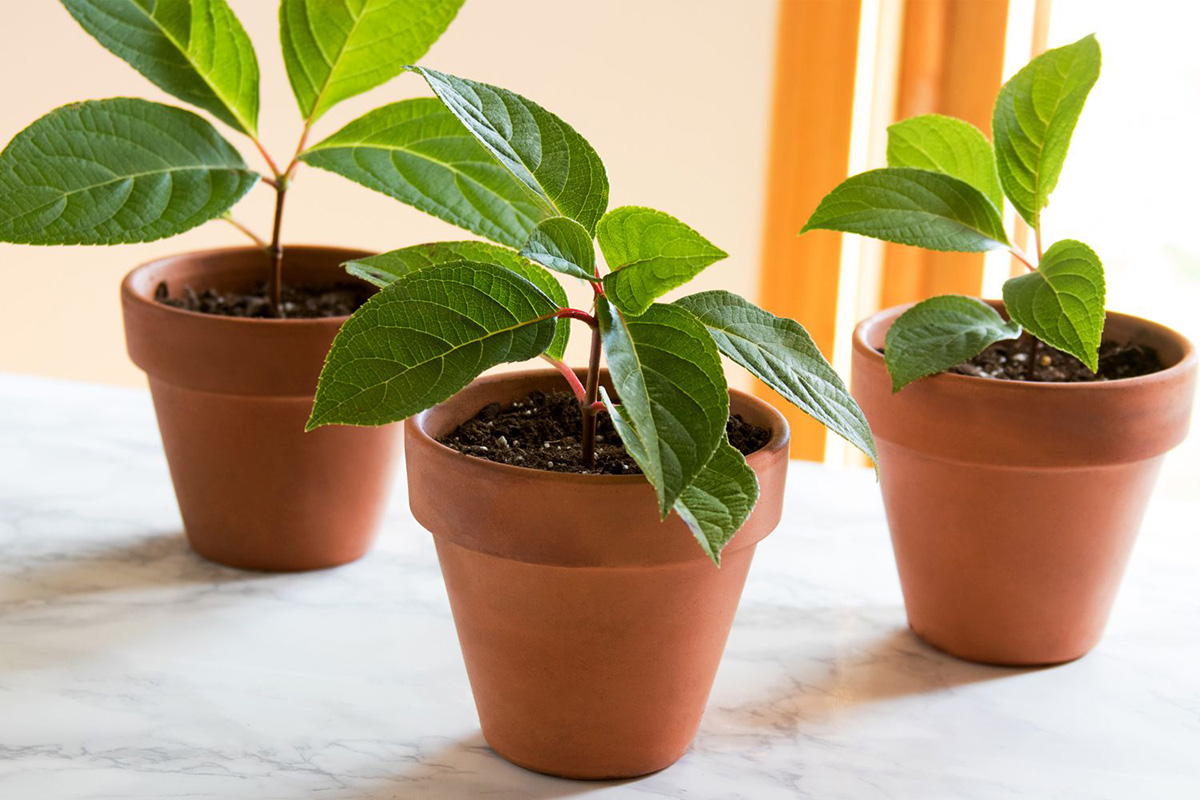

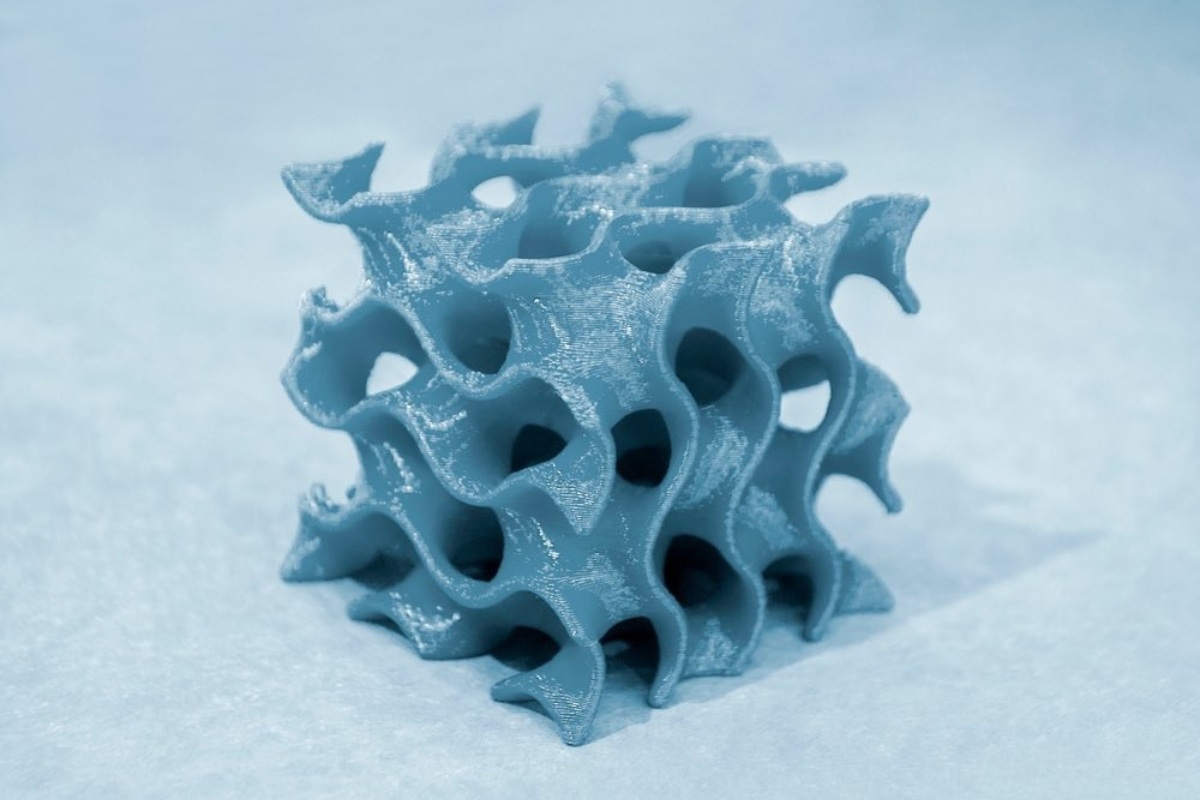
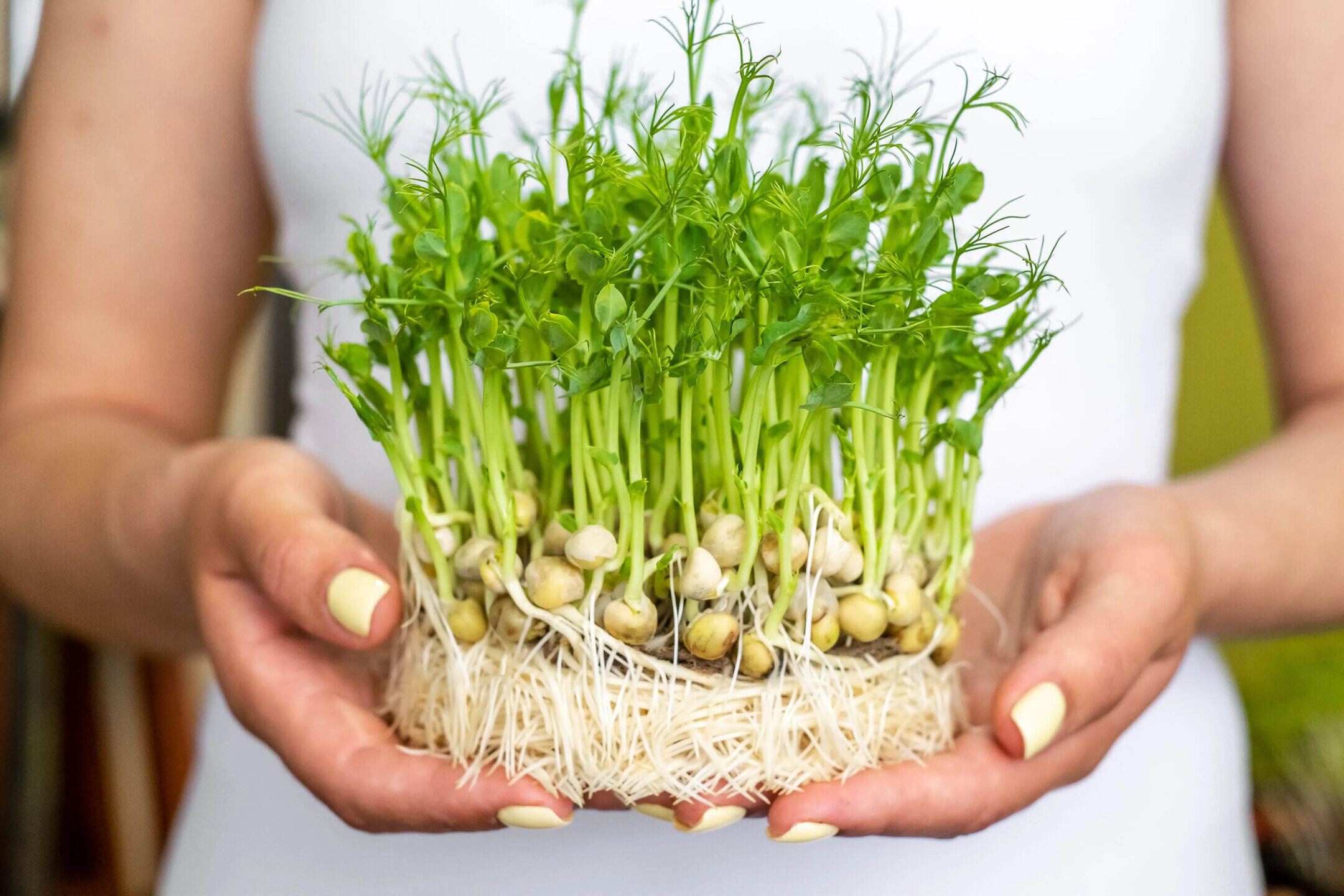
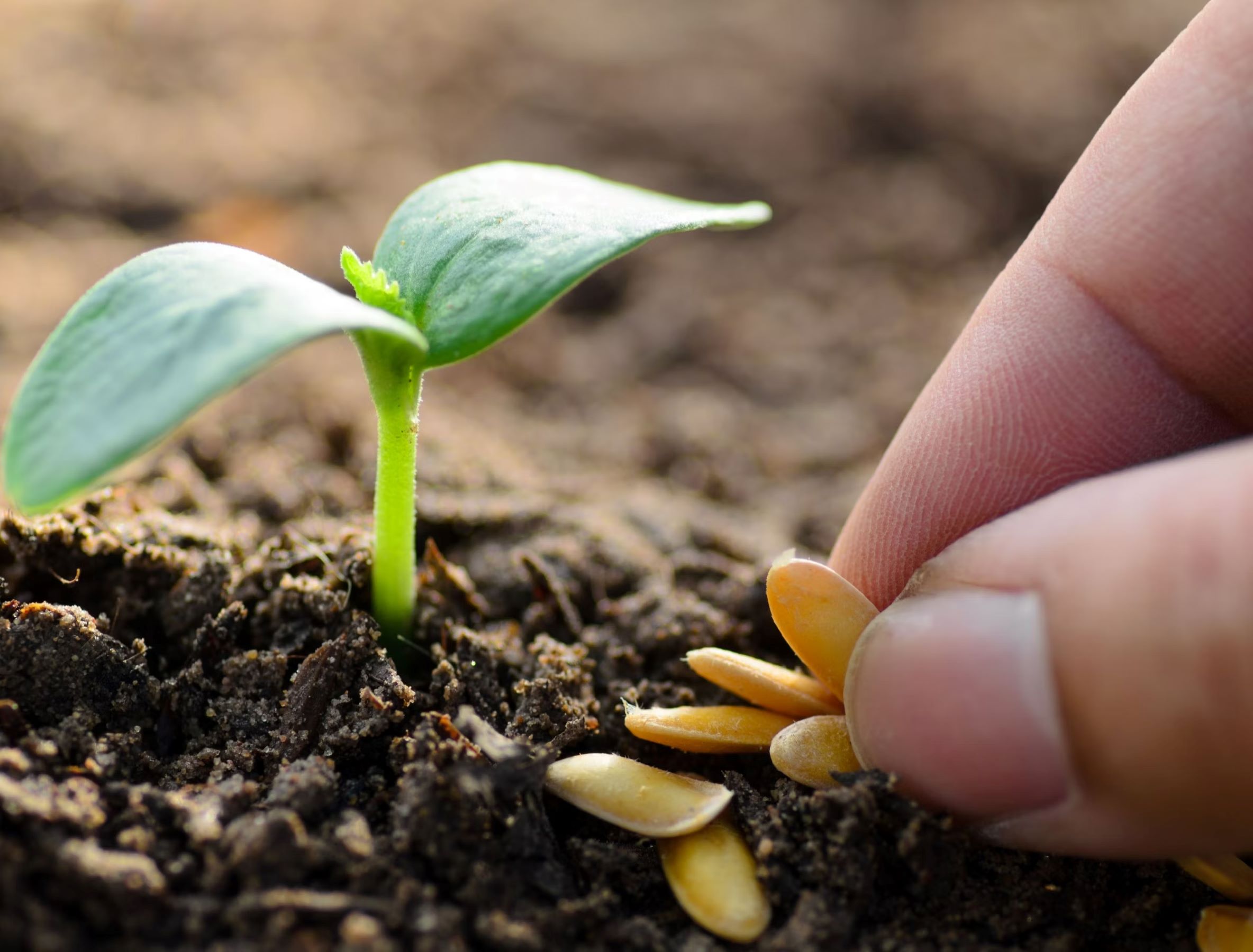
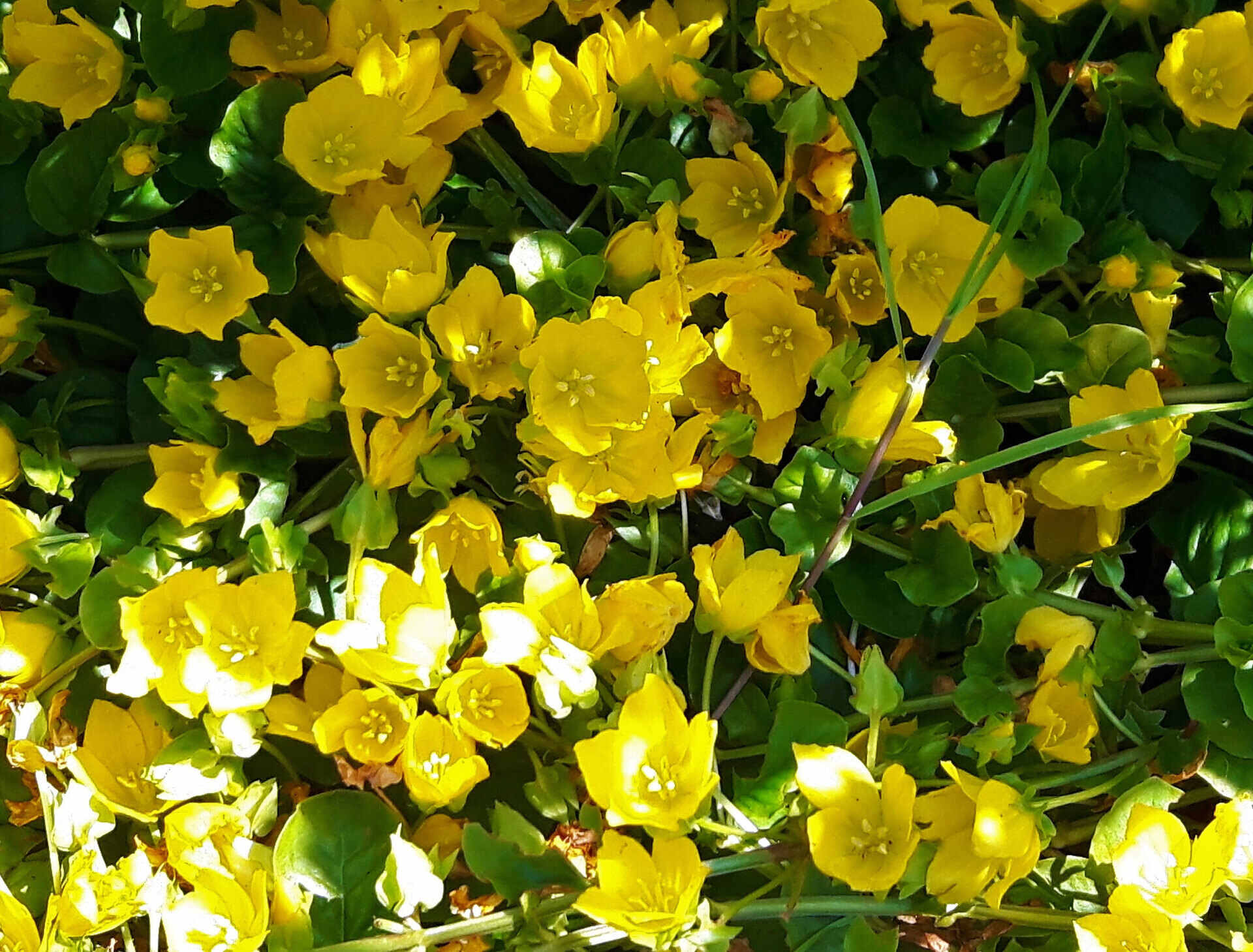
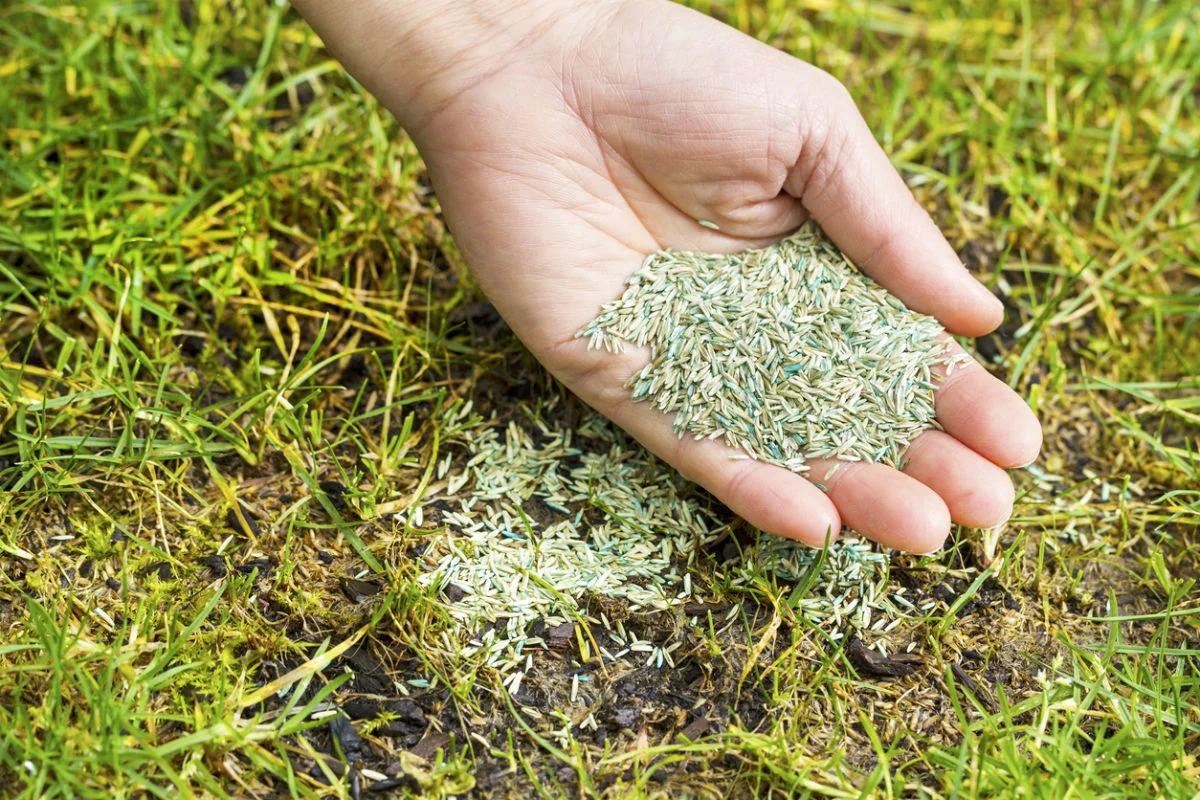
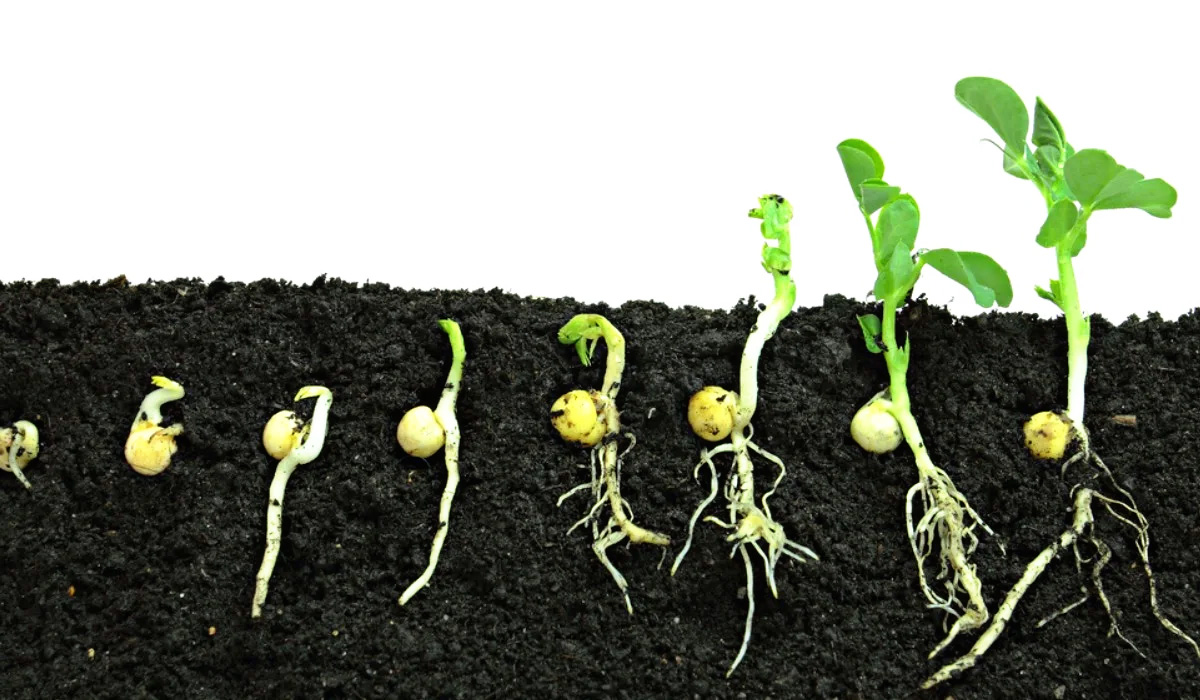
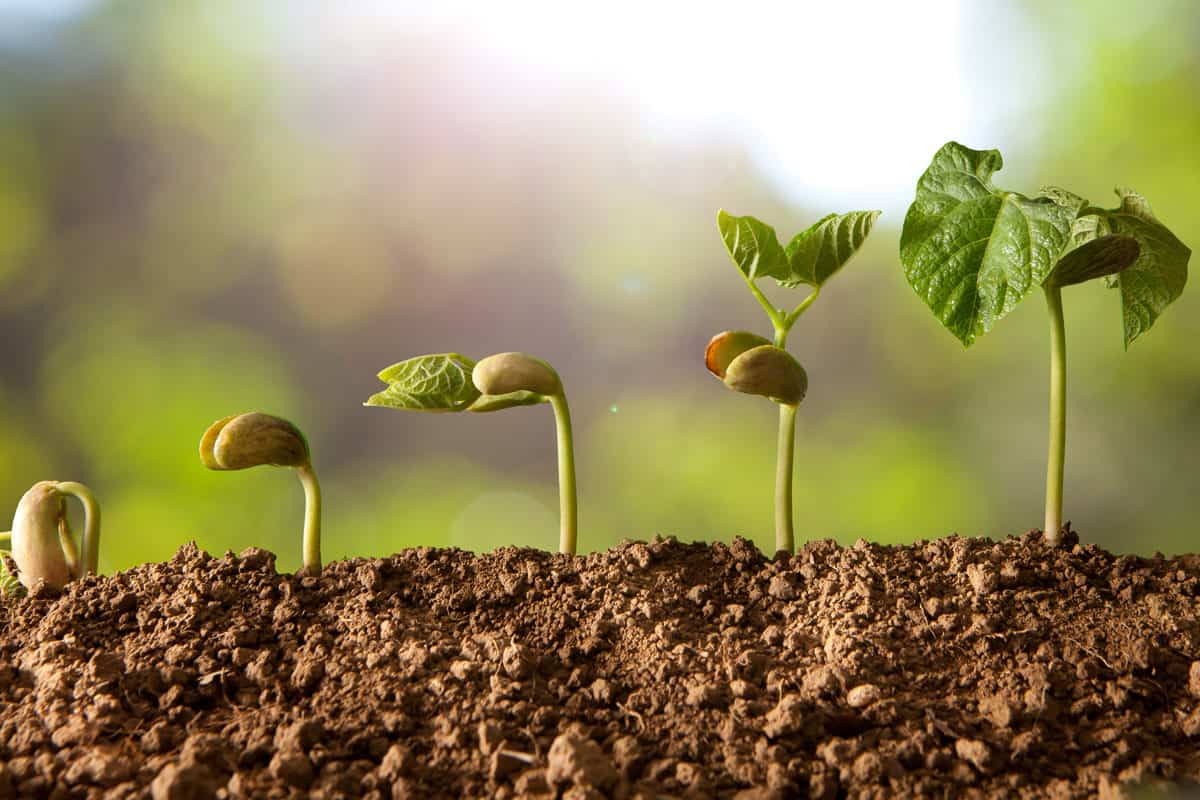
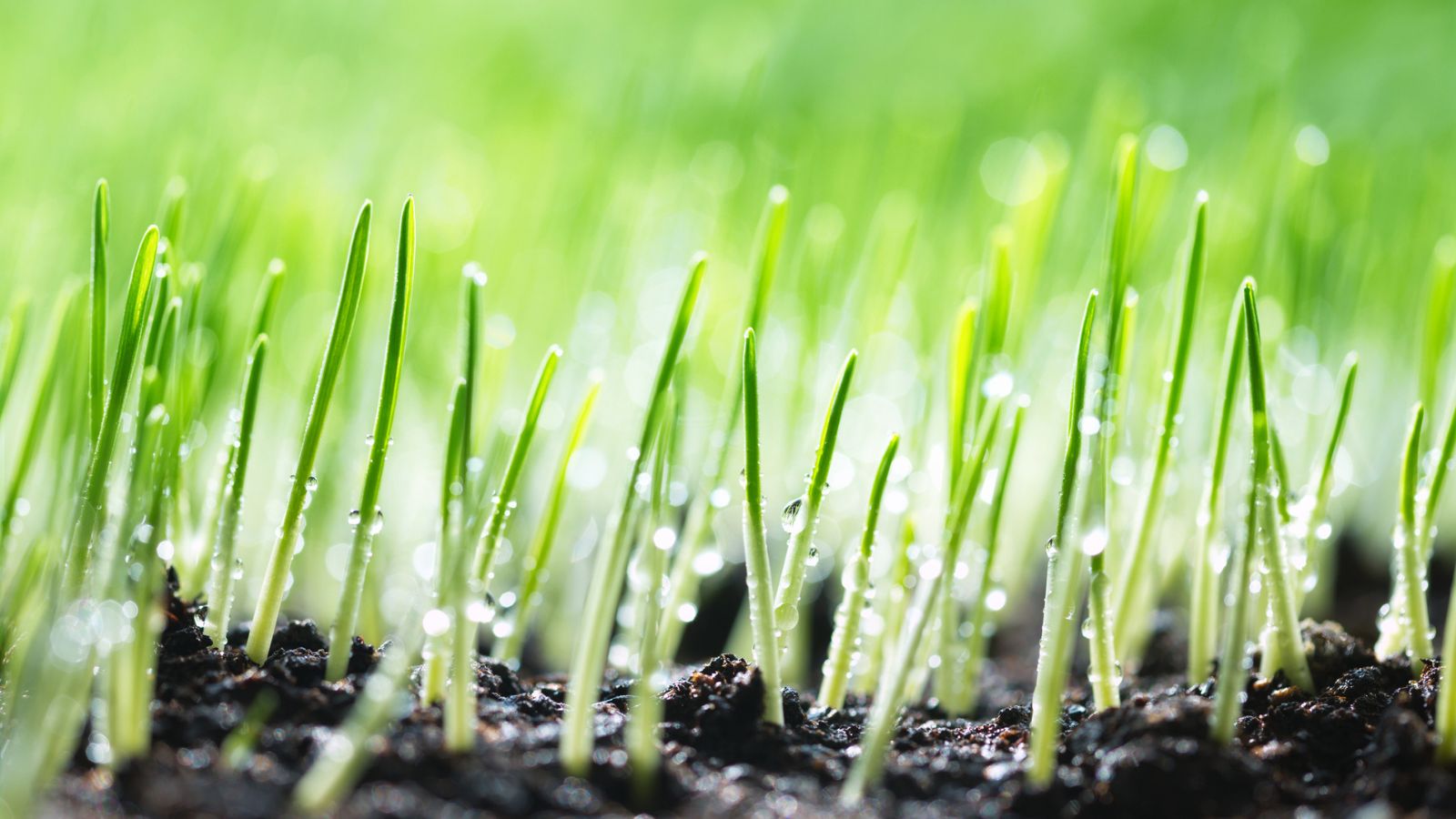
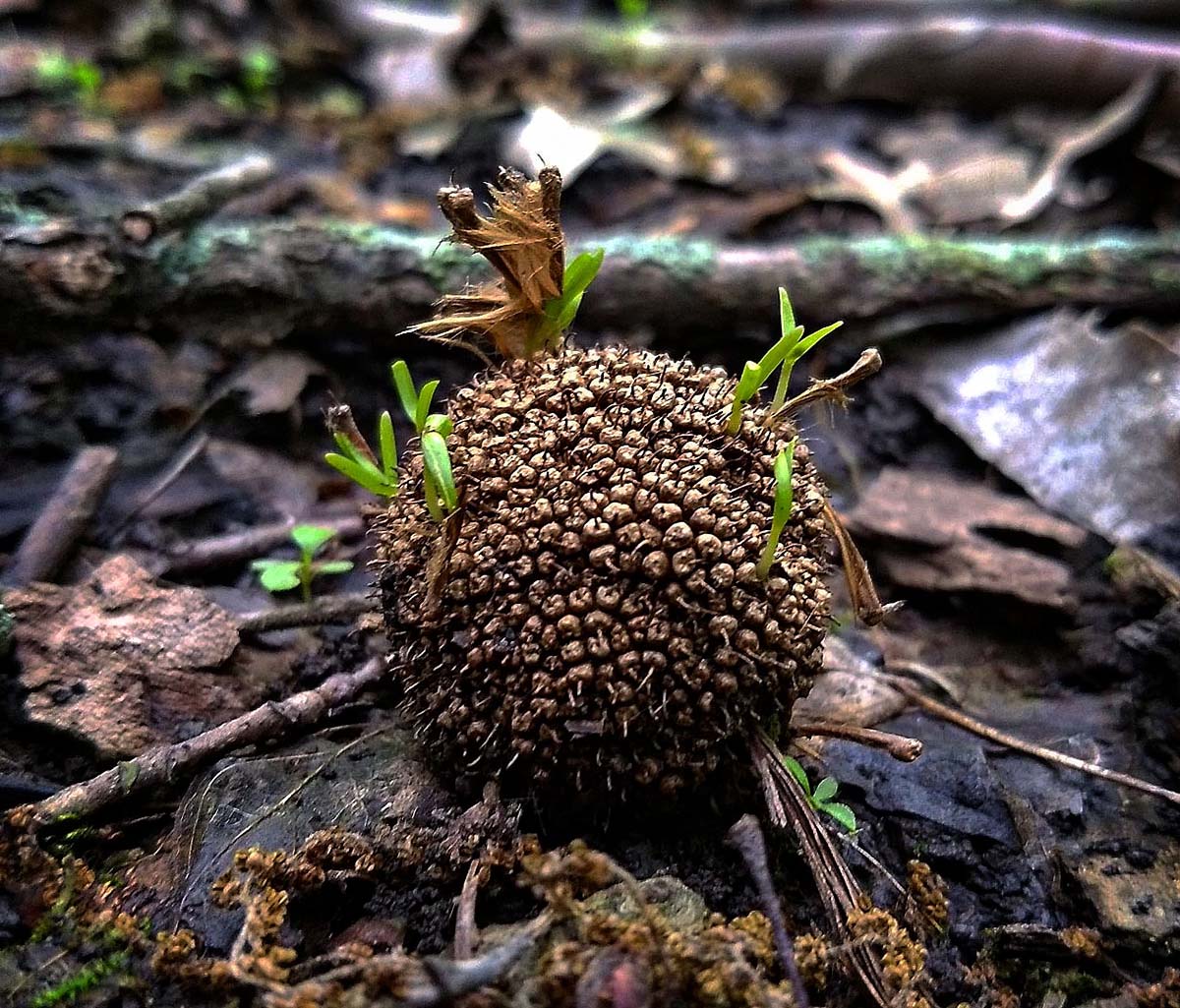
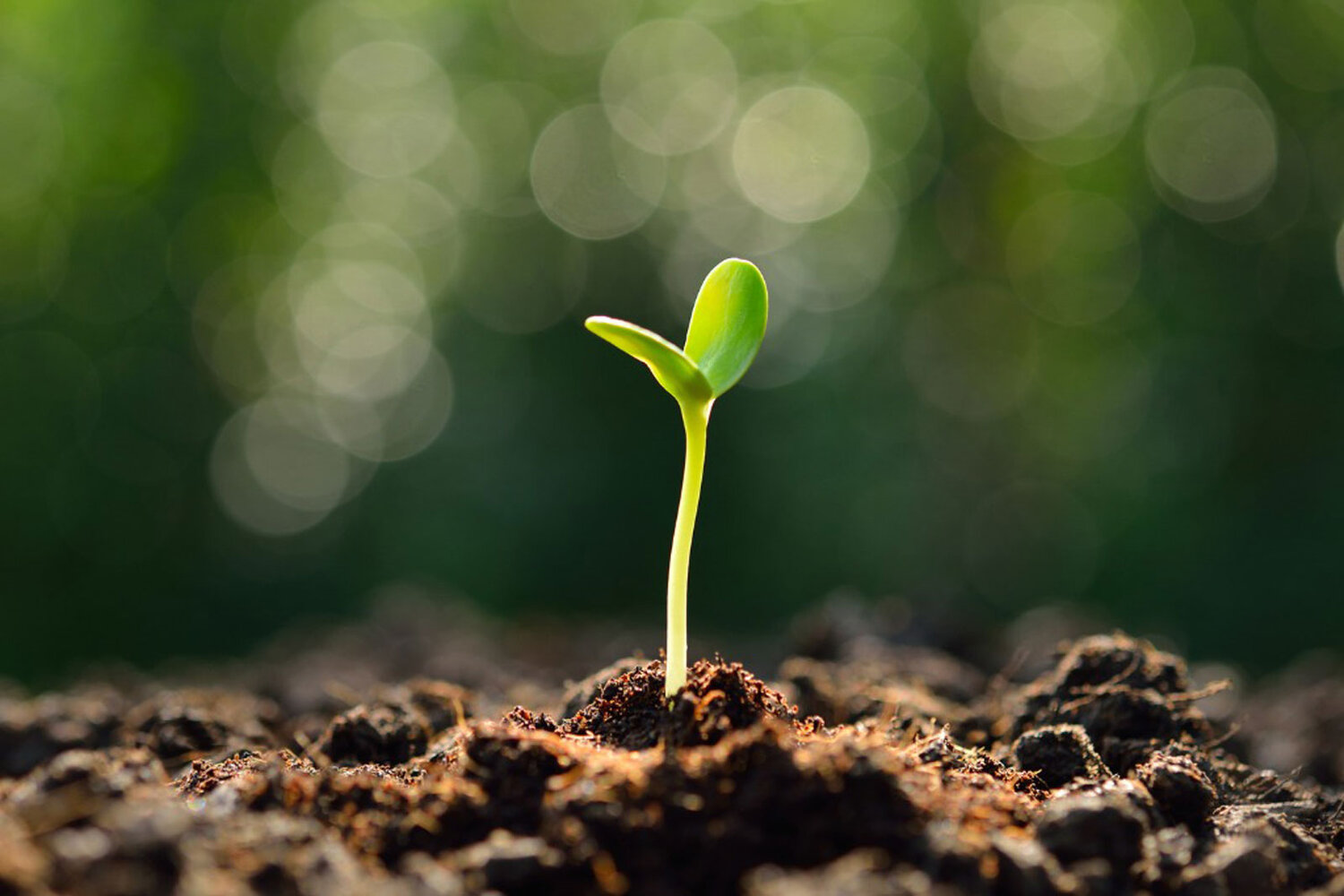
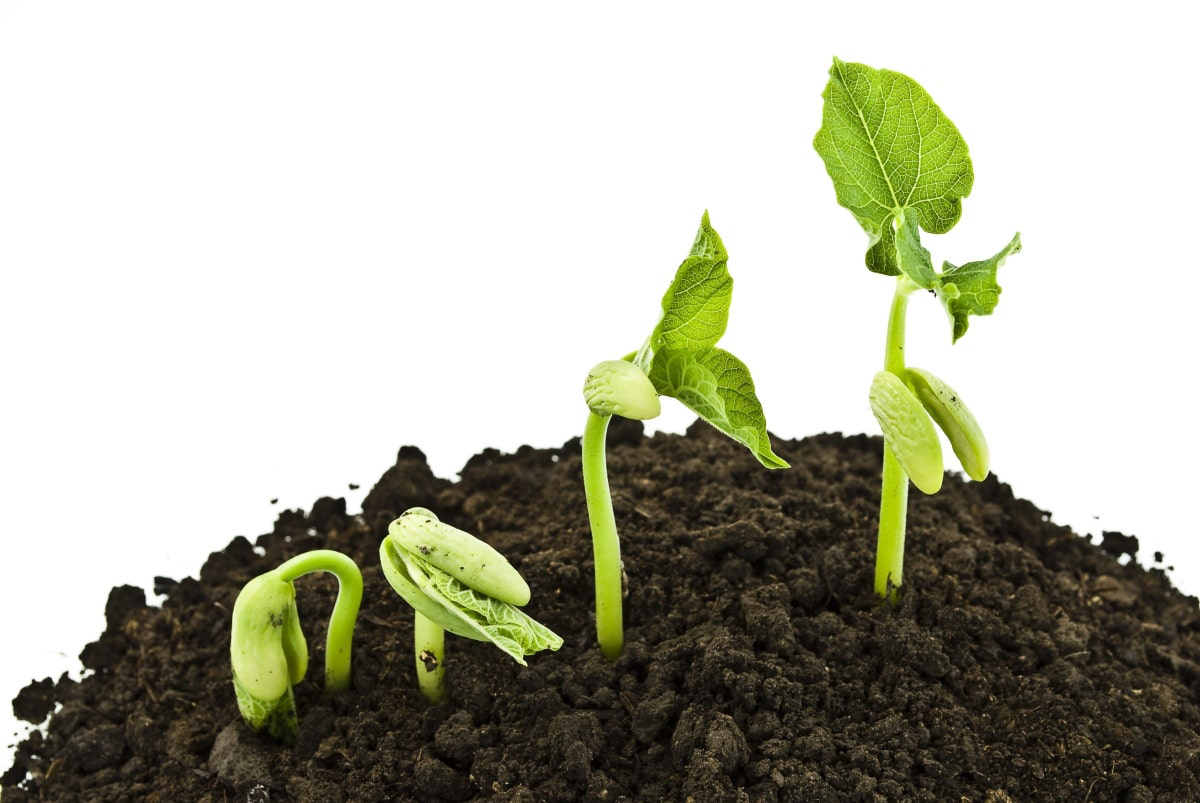
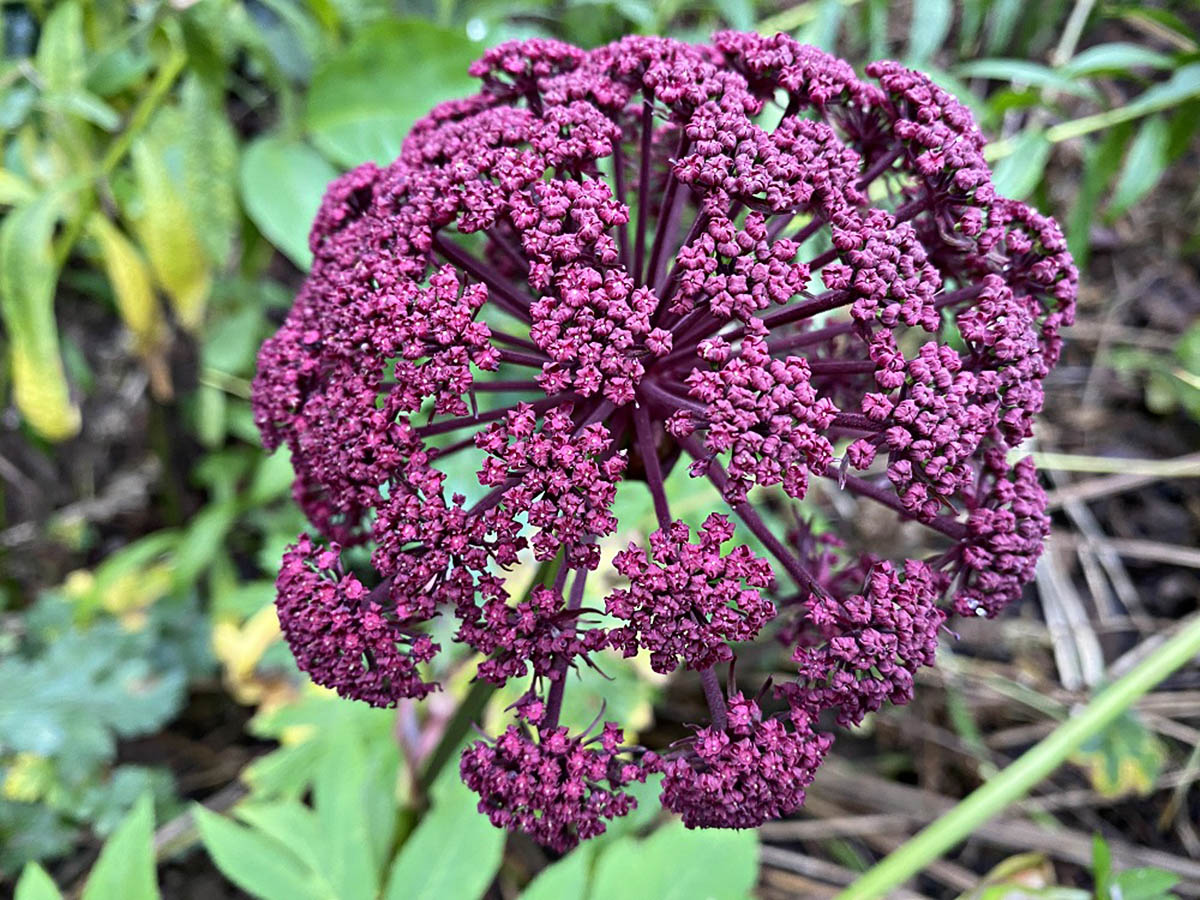

0 thoughts on “What Is The Fastest Plant To Germinate”